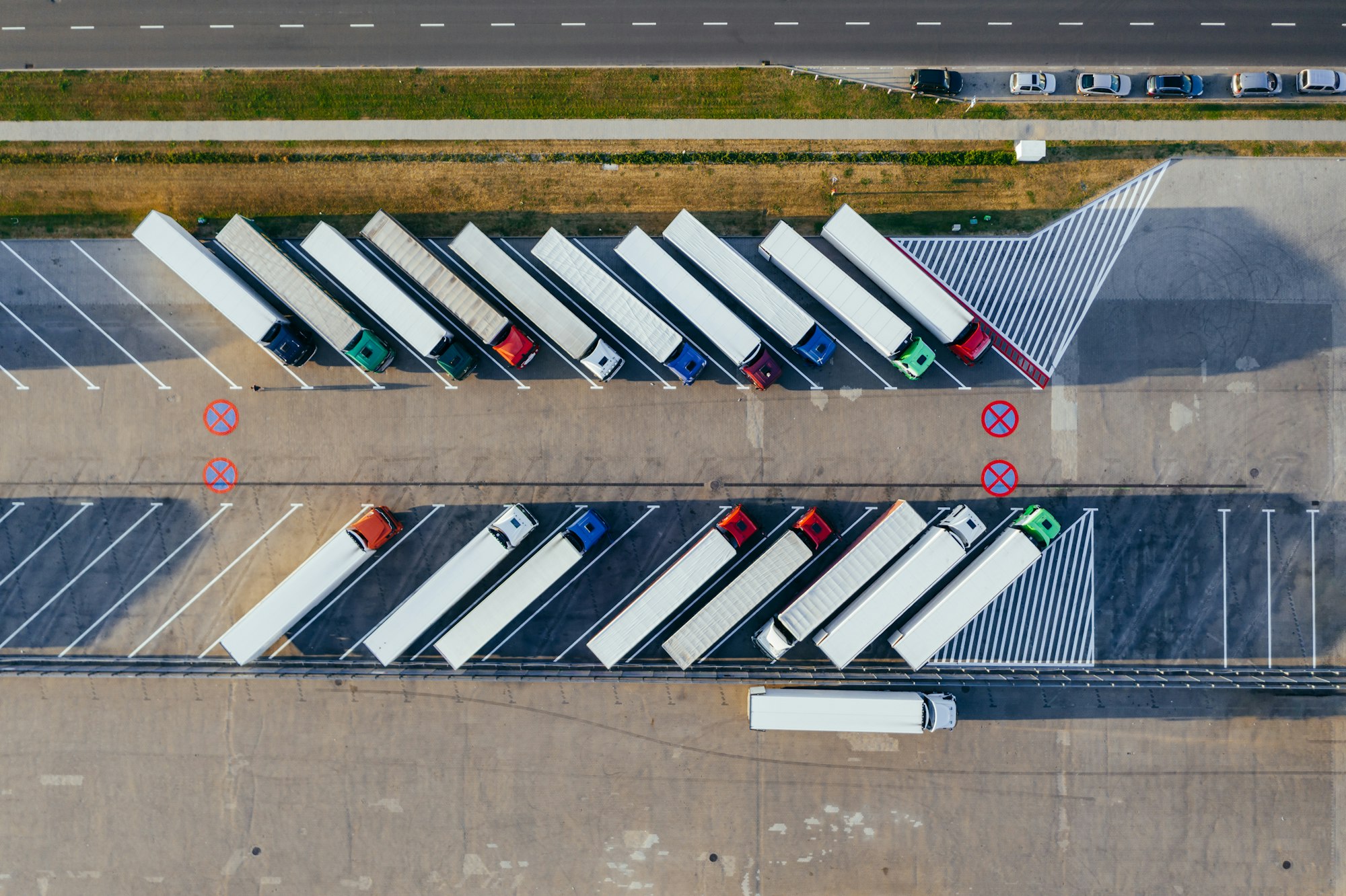Red Sea reminds us once again of the fragility of the global supply chain

Recent attacks on shipping in the Red Sea have disrupted global supply chains, leading to delays and increased costs for goods. Businesses in Ireland are experiencing delayed delivery windows and are temporarily suspending shipments through the region. This highlights the need for organizations to diversify their supply chains and mitigate risks. The Covid-19 pandemic, the Suez Canal blockage, and geopolitical tensions have already disrupted supply chains, causing overstock or understock situations and harming customer relationships. Businesses are now focusing on near-shoring, regional stocking, and supply chain re-engineering to adapt to these shocks.
Source: Link
Frequently Asked Questions (FAQs): The Fragility of the Global Supply Chain and the Red Sea
Q1: Why is the Red Sea considered crucial for the global supply chain?
A1: The Red Sea is a vital shipping corridor through which major maritime trade routes pass, including access to the Suez Canal. It connects the Mediterranean Sea to the Indian Ocean, making it a key chokepoint for global commerce. A significant portion of the world's trade, particularly oil and container shipping, passes through the Red Sea.
Q2: How can events in the Red Sea impact the global supply chain?
A2: Events such as political instability, piracy, blockades in the Suez Canal, or military conflicts can disrupt shipping lanes and delay the transport of goods. This can lead to increased shipping costs, shortages of products, and disruptions in manufacturing and retail around the world due to the just-in-time inventory systems many companies use.
Q3: What recent events have highlighted the fragility of the global supply chain related to the Red Sea area?
A3: While the search results do not specify recent events, historically, episodes like the blockage of the Suez Canal by the cargo ship Ever Given in 2021 have demonstrated how disruptions in a critical waterway like the Red Sea can have significant repercussions for global trade.
Q4: What measures can be taken to mitigate the risks associated with supply chain fragility in the Red Sea region?
A4: Measures can include diversifying supply chains, increasing inventories, developing alternative shipping routes, investing in maritime security, and international collaboration to ensure the free flow of trade through this strategic region.
Q5: What are the consequences of ignoring the fragility of supply chains that depend on the Red Sea?
A5: Ignoring the fragility can lead to supply shortages, increased costs for consumers and businesses, economic instability, and the potential for significant geopolitical conflict if critical resources are obstructed.
Please keep in mind that the above questions and answers are hypothetical and are not sourced from the links provided. For current and specific information about the Red Sea and its impact on the global supply chain as reported by the Irish Examiner, you would need to access the actual article on their platform.

